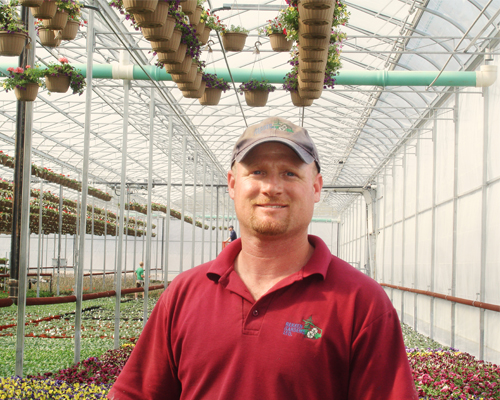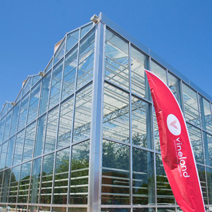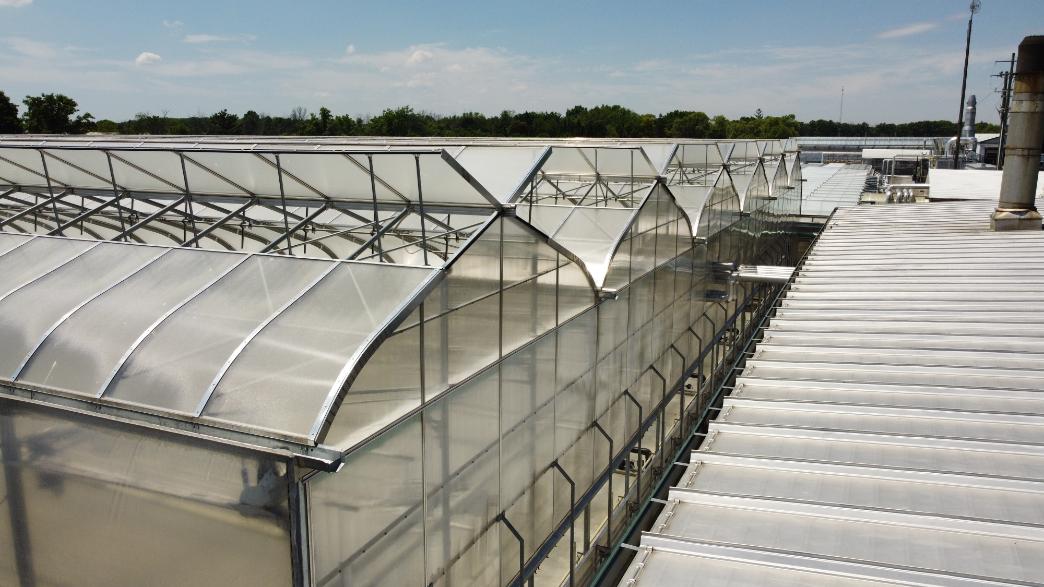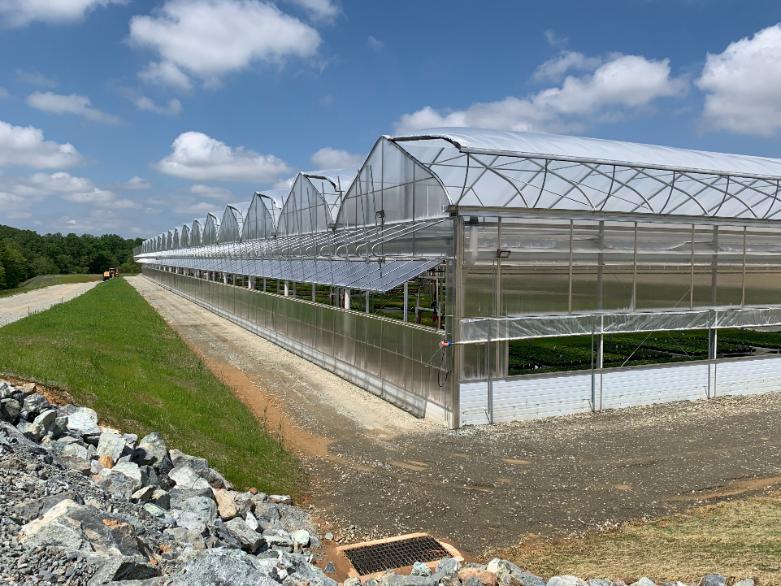7 Habits of Highly Successful Growers
Different crops require different levels of specific expertise in attaining the highest quality. The growers that achieve this high level of success do so by getting in the routine of practicing great growing habits.

1. Master the Basics
Highly successful growers makeit a habit to always include the fundamentals of growing when dealing with crop issues. These fundamentals or “Basics” refer to 5 considerations when growing a crop:
- Air exchange: Oxygen and Carbon dioxide – all plant life depends on this and cannot survive long without it
- Water exchange: second most important in a plant’s survival
- Nutrient exchange: mastering the basics of plant nutrient uptake can determine a great crop from an average crop.
- Light exchange: essential for photosynthesis
- Temperature stability: for both air and soil, specific for each crop.
- Mastering these basics involves a complete understanding of how and why they affect the crop at every stage, without this knowledge the grower is unable to determine what conditions and techniques are best when managing the crop. The successful grower when making changes makes it a habit to not override the plant basics and hinder the goal of a quality crop.
2. Consistent Record Keeping
In order to consistently grow high quality crops a grower needs to learn from both mistakes and successes. Successful growers make it a habit to keep accurate and detailed records of all aspects of the growing process so that mistakes are not repeated and successes are. Climate control computers can be used in conjunction with growing notes; on most systems the grower can look at climate history making this a very useful tool when reviewing crop notes.
The climate control computer is one of the modern grower’s most necessary tools; it irrigates, fertigates, ventilates, shades, heats and cools automatically. However, the highly successful grower recognises that no matter how sophisticated the computer system, it is still at the command of the grower and only does what it is told! This is why it is so important that this “automatic” system is reviewed on a regular basis. The automation of the system will tell the grower when there is an EC deviation or when there is an issue with the heating system but it cannot compensate for errors in what is put into the system. Supplemental light timing, light levels that initiate shading and black out times are all inputs controlled by the grower and should be reviewed regularly. Highly successful growers will make this control review a routine so that nothing is missed and quality is guaranteed.

3. Hands On Crop Techniques
It is one thing to use the climate control computer as a valuable tool but it is another thing to trust it to do all of the growing. A highly successful grower is always in the habit of confirming or denying what the computer is telling him by physically viewing the crop regularly. Sensors can fail making computer readings unreliable, nothing compares to utilizing your senses to review your crop. A successful grower can tell the health of his crop through how the foliage feels, how the plant and roots look and pythium and foliar rots can be detected through smell. Being with the crop will tell a successful grower far more than any climate control computer ever will.
4. Regular Soil and Foliage Testing
Being a successful grower doesn’t ensure that one is “all knowledgeable” and at times we all benefit from outside testing. For success in growing it is important to get into the habit of sending random soil and foliage samples out for testing. The testing is usually at a minimal cost and will give the grower a very accurate sense of what is happening within the growing media and inside the plant. This valuable information is used to tweak nutrient delivery to increase plant health and ensure that the crop is of the highest quality. Some growers hire a monthly consultant to take care of media and foliar analysis which is usually included in the fee.
5. Research
The highly successful grower is never satisfied, the mindset is always that it is never “good enough” and there’s always room for improvement. This motivates the grower to constantly do research into new growing techniques, pest control, disease control and advancements. The investigation aspect of the research can become a daily habit of the successful grower and time is always put aside for this. The industry advances rapidly and highly successfulgrowers needs to stay on top of it.

6. Keeping Equipment Maintained
Maintenance of all greenhouse equipment is essential to the success of the crop. Irrigation equipment if not maintained will give false readings and poor results will be imminent. A successful grower will be in the habit of calibrating sensors and probes on a regular basis, leaky pumps will be addressed immediately and injectors will be also be inspected. Motors on vents, shading and blackout will also be given attention on a regular basis as these systems must be operating properly to attain the highest quality product. Well maintained equipment runs as it’s designed and gives the grower that “peace of mind” that is paramount for a grower’s success!
7. Superior and Ongoing Training
Highly successful people recognise the need for continual learning for themselves and their team. Successful growers share their knowledge with other team members; they attend industry events and seminars, and encourage others to do the same. Good training programs and standard operating procedures ensure individual jobs are consistently done to the company’s quality requirements. And an open mind to new learning opportunities enables a successful grower to continually make improvements.
Growing is both an art and a science. Highly successful growers do not limit themselves to mastering their particular crop, they learn about the business, the customer base, the market trends, and about other potential plants they could grow. And the world is a better place because of the fruits, vegetables, herbs, flowers, shrubs, and trees that they grow.







